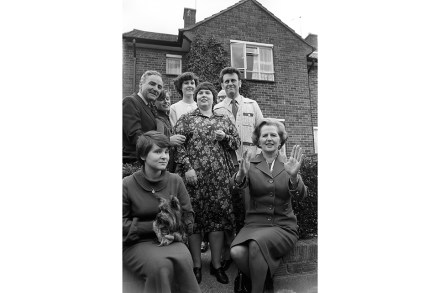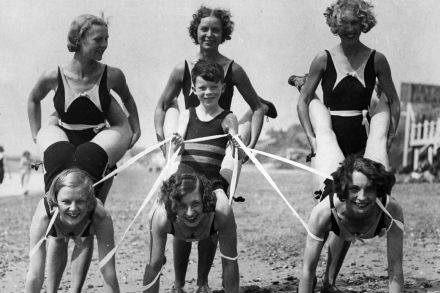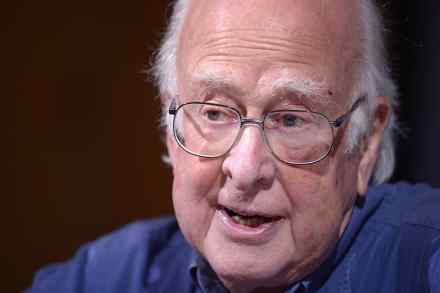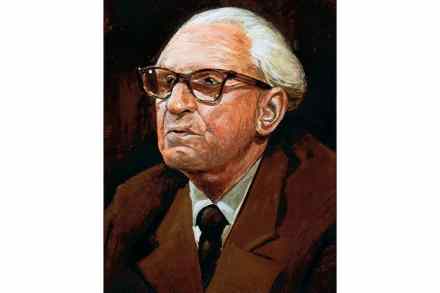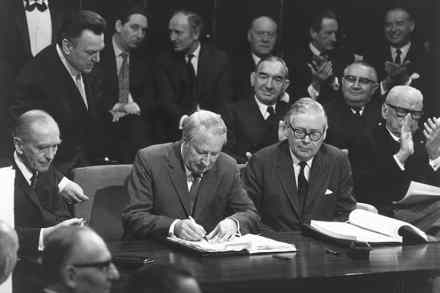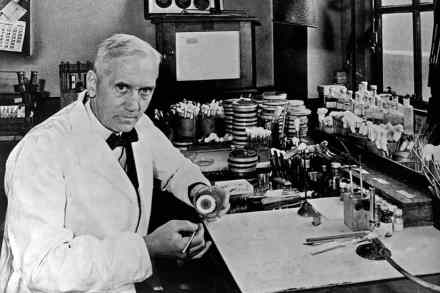Is Margaret Thatcher ultimately to blame for the current social housing crisis?
By the time she was 25, the journalist and broadcaster Kieran Yates had lived in almost as many houses. Having rented for more than a decade, I feel her pain. I’ve lived in flats that made me physically unwell (mould has a lot to answer for) and survived housemates whose approach to kitchen hygiene made every day a salmonella minefield. I would visit a former boyfriend whose bedroom was, essentially, a glorified crawl space in a cold artists’ warehouse. He was 6ft 6in and couldn’t even kneel up in it, but, aged 24, I thought it was cool. Now I see it for what it was: an indictment of London’s
